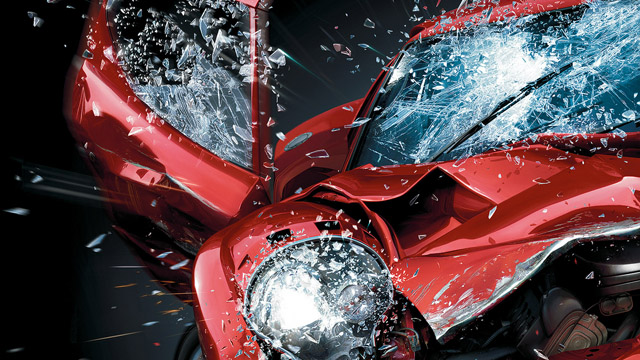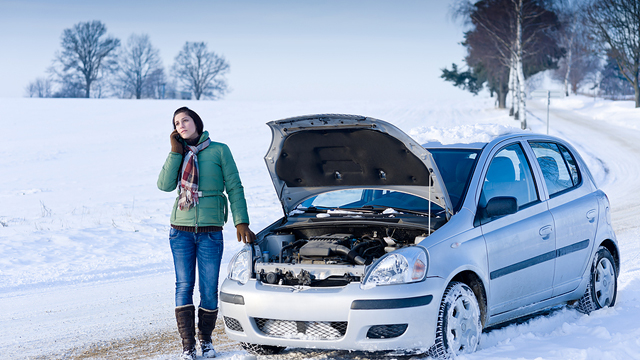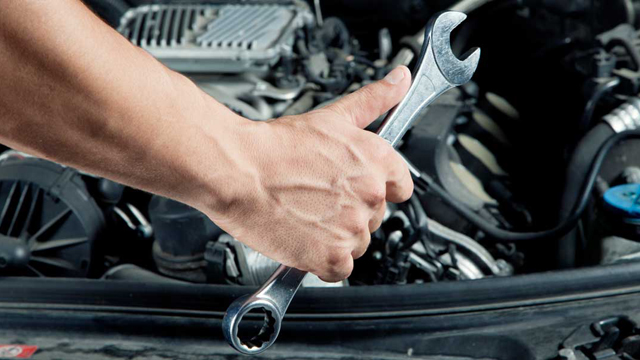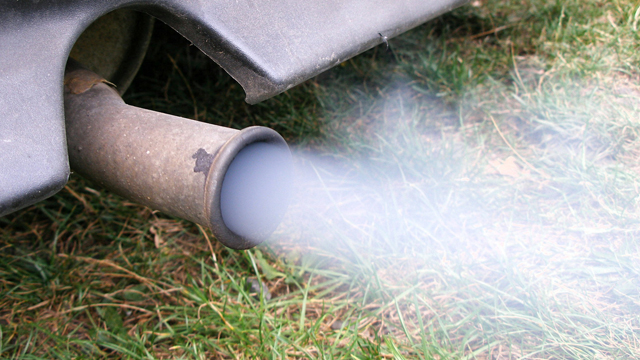
When you’re the owner of a shiny new car, the last thing you want to do is cause any new damage or prematurely lower the value by unintentionally harming your car. While you may think you have your car’s best interest at heart, you may not be avoiding these four things that could prematurely kill your vehicle:
Environmental Factors

Several environmental factors can affect the condition of your car and cause premature breakdowns. Whether the temperature is below freezing or in the high 90’s, exposing your car to extreme temperatures should be done with caution. When cold starting your car, avoid revving up the engine until it has heated up sufficiently and oil has flowed freely through the engine.
Although road salt is essential for safe winter driving, it can also lead to numerous car troubles, such as rust. Rust is one of the most common forms of environmental damage and can cause long-lasting and abrasive damage, accelerated by repeated exposure to salt in the winter. Rust on certain parts of a car can create a slew of problems ranging from hydraulic brake system leaks to subframe damage. To avoid future problems, try and wash your car weekly in the winter to rinse off any salt that is stuck to the surface.
Missed Maintenance

Getting close to your next scheduled maintenance and thinking about waiting for a few weeks before you head in to the dealership? Think again. Regular preventive maintenance is probably the single thing you can do as a car owner to keep your ride happy and save money on repairs in the future. Following the manufacturer’s recommended maintenance schedule and carefully documenting it also not only increases the likelihood of keeping your car operating smoothly, it helps maintain resale value as well. A well-maintained car is much more likely to be sold at your asking rate compared to a car with a less than stellar maintenance history.
The maintenance schedule is described in detail in your new car’s manual, including notes on more complex tasks other than routine oil and fluid changes. When it comes to oil, follow the schedule and use the oil called for by the manufacturer. If you avoid regular oil changes, you will not be producing sufficient lubrication for your engine, which can cause expensive problems down the road.
Driving Habits

While it is clear to most people that following regular maintenance schedules is an important factor, when it comes to maintaining your car well, many people don’t consider their own driving styles. Your driving style has a large and obvious effect on the long-term wear and tear of your car and should be put under the microscope as well. Driving aggressively, revving up the engine and mashing the pedal to the floor often might seem fun at the time but can cause parts to break down quicker, especially your brake pads and tires.
If you just bought a new car, such as the Ford Escape or Nissan Pathfinder, the first 1,000 miles are when you need to be gentle with the engine. While it’s rare for most modern cars to come with specific break-in instructions, it’s always recommended that drivers go easy on the gas, avoiding redlining or hard braking. Another thing to consider is that aggressive driving increases fuel consumption greatly, providing a monetary incentive to stick to the economic driving speeds.
Low Quality Fuel

The next time you’re fueling up your car at the nearest gas station, take a good look at the labels on the tank. Different grades of fuel have different octane levels as well as blends of additives thrown in, which can have subtle but negative effects on your car, if they are not from a reliable source. The difference between premium and regular fuel lies in the blend of hydrocarbons used to make the fuel, and the package of additives mixed into it. Additives are included to reduce carbon build-up inside the engine, improve combustion, inhibit corrosion and allow easier starting in cold climates.
Although you might be saving dollars in the short term by opting for the lowest grade fuel from a cheaper retail pump, be warned. The gunk caused by fuels with insufficient additives can foul fuel injectors and even trigger “Check Engine” lights in as few as 10,000 miles, resulting in additional maintenance charges and trips to the dealership. If you are driving a premium vehicle, insist on fuelling up with premium fuel. However, if you are driving an older car that doesn’t specifically call for the highest grade, you should stick to regular gas as premium fuel poses no additional benefits in this scenario.
When it comes to your new car, maintenance is everything. Following schedules, using the recommended fuel quality and watching your driving habits should help keep your car in running shape for years to come.







